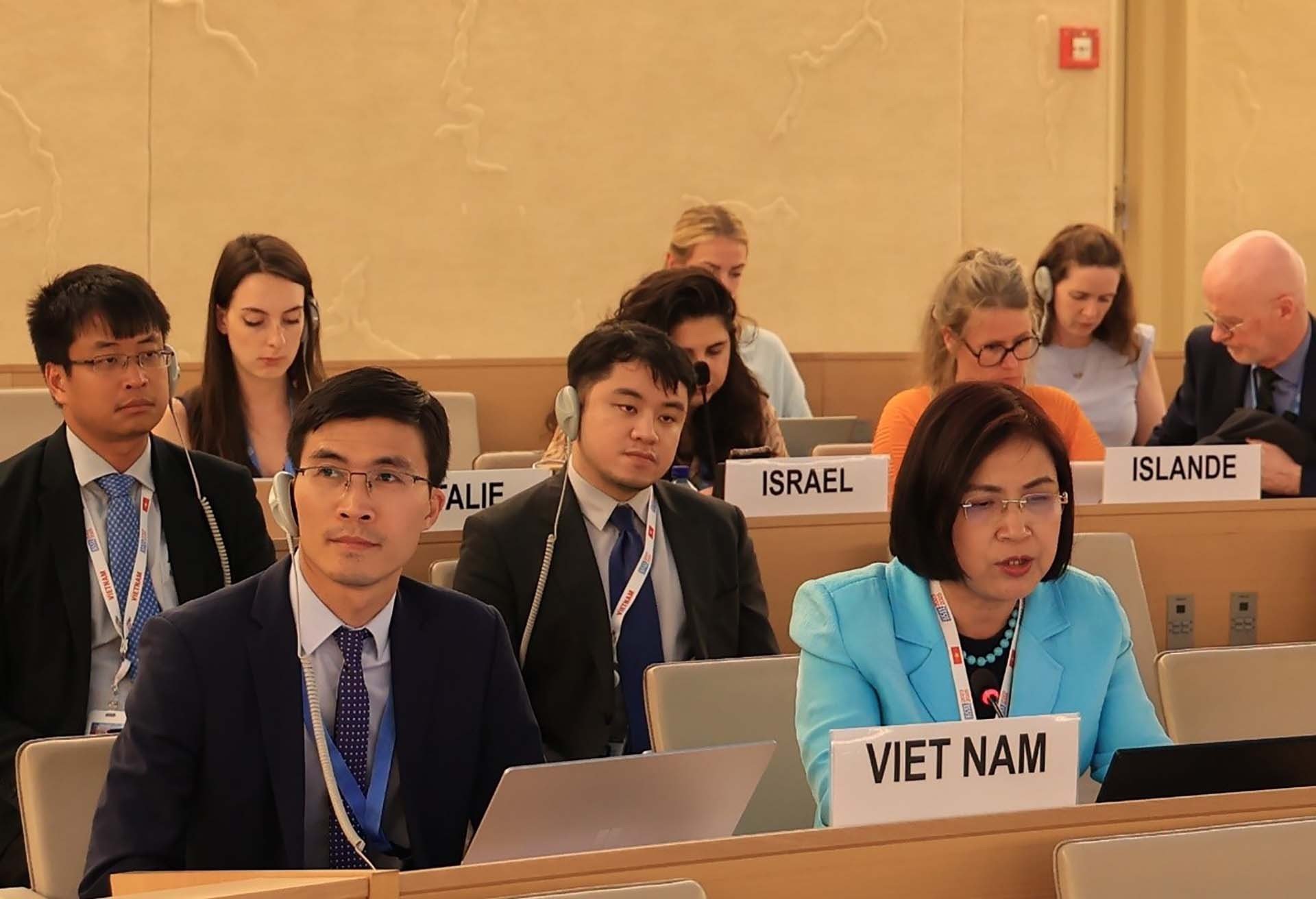 |
| Ambassador Le Thi Tuyet Mai speaks at the dialogue session with the UN High Commissioner for Human Rights on the annual Human Rights Report, June 20. (Source: VNA) |
On June 20, attending and speaking at the dialogue session with the UN High Commissioner for Human Rights on the annual Human Rights Report, Ambassador Le Thi Tuyet Mai, Head of the Permanent Mission of Vietnam to the United Nations in Geneva, welcomed the efforts of the UN High Commissioner for Human Rights as well as the Office of the UN High Commissioner for Human Rights (OHCHR) in promoting and protecting human rights, affirming that Vietnam is committed to continuing to closely coordinate with the UN High Commissioner for Human Rights and OHCHR to address human rights issues.
The Ambassador shared that although Vietnam, like other countries, faces many challenges in promoting and protecting human rights, Vietnam is still determined to ensure that its people fully enjoy human rights; at the same time, emphasizing that Vietnam prioritizes strengthening the rule of law, transparency, security and social safety, as well as carrying out necessary legal and economic reforms to support the recovery process after the Covid-19 pandemic and inclusive and sustainable development.
Besides, Ambassador Le Thi Tuyet Mai affirmed that Vietnam is committed to promoting substantive dialogue and effective cooperation with all member states and human rights mechanisms of the UN; supporting the basic principles of universality, fairness, objectivity, non-selectiveness, and non-interference in the internal affairs of countries; substantive dialogue and cooperation as well as compliance with the above principles are the most effective ways to promote and protect human rights.
Previously, presenting the UN High Commissioner for Human Rights' annual report on the human rights situation, UN High Commissioner for Human Rights Volker Türk emphasized that human rights are the foundation of the UN. To date, UN member states have established an ecosystem of human rights agencies, including 10 human rights treaty bodies; the Human Rights Council, which includes the universal periodic review (UPR) mechanism, special procedures; and OHCHR.
Mr. Volker Türk said that, in the context of the 75th anniversary of the Universal Declaration of Human Rights and the 30th anniversary of the Vienna Declaration and Programme of Action and the situation in many places where conflicts broke out, the sustainable development agenda was at risk of being derailed, environmental pollution threatened humanity, cooperation between countries and the ecosystem of international human rights agencies played an important role in promoting human rights, in which 95 countries and territories had allowed OHCHR to set up offices or other forms of presence on the ground.
Also in his speech, High Commissioner Volker Türk affirmed that the UPR is a human rights review mechanism and does not violate the sovereignty of nations.
Calling on States to make efforts to implement recommendations made under the UPR mechanism, High Commissioner Volker Türk said that States have generally cooperated positively with the special procedures of the Human Rights Council, including welcoming visits by special procedures.
However, Commissioner Volker Türk also pointed out that 19 countries have not welcomed any special procedures to visit in the past five years despite receiving five or more requests from special procedures; in particular, the Commissioner is concerned about the fact that some special procedures have become the subject of abuse and intimidation; about the situation that many countries have not submitted reports on the implementation of human rights conventions on time, of which 601 reports are overdue, with 78 countries reporting overdue for more than 10 years.
In addition, High Commissioner Volker Türk expressed concern about the situation of threats and reprisals against those cooperating with the UN, emphasizing that according to Resolution 12/2 of the Human Rights Council, the UN Secretary-General has had 30 reports on threats and reprisals against those cooperating with the UN, including more than 700 cases of reprisals in 77 countries, in the 2022 Report recorded cases of threats and reprisals against those cooperating with the UN in 42 countries, including 12 countries that are currently members of the Human Rights Council.
At the 53rd session of the Human Rights Council from June 19 to July 14, Vietnam continued to promote its participation as a member of the Human Rights Council for the 2023-2025 term, in which a key topic of Vietnam was human rights in climate change.
Vietnam, Bangladesh and the Philippines will co-host a thematic discussion on climate change and human rights under the theme “Negative impacts of climate change on the full realization of the right to food”; at the same time, they will introduce the draft resolution 2023 on climate change and human rights, under the theme “Negative impacts of climate change on livelihoods and their impact on human rights”.
This is a Resolution on climate change and human rights introduced annually by Vietnam, Bangladesh and the Philippines since 2014, for the Human Rights Council to consider and adopt, with each year focusing on specific topics (such as children's rights, health rights, migrant rights, women's rights... in the context of climate change).
Vietnam's active participation in the development and adoption of this Resolution as well as in the activities of the Core Group reflects Vietnam's efforts in responding to climate change, while contributing to implementing a proactive, positive, and responsible foreign policy towards common issues of the international community.
In addition, the Vietnamese delegation will chair and coordinate with a number of partners to organize thematic discussions on combating gender-based violence, discrimination and harassment in the workplace, and actively participate in the discussion sessions of the Session as well as consultations on draft resolutions and sideline events.
The 53rd session of the Human Rights Council continued to be held from June 19 to July 14, in a hybrid format of in-person meetings in Geneva and online, the second regular session this year. This session included five thematic discussions, discussions on 87 thematic reports, as well as discussions and dialogues with 37 special procedures and human rights mechanisms of the United Nations; consultations and consideration of about 28 draft resolutions; and consideration and approval of the decision to appoint four personnel for special procedures.
Also within the framework of the Session, there were discussions and dialogues on the human rights situation in specific countries such as Myanmar, Sri Lanka, Nicaragua, Sudan, Afghanistan, Iran, Syria, Belarus, Venezuela, and Ukraine.
In addition, at this Session, the Human Rights Council will also complete the procedure for adopting the entire UPR Report of the 4th cycle of 13 countries.
Source








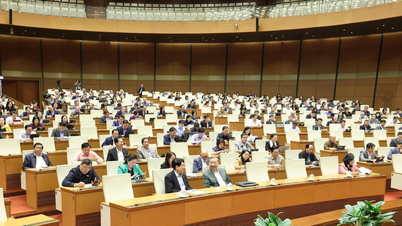

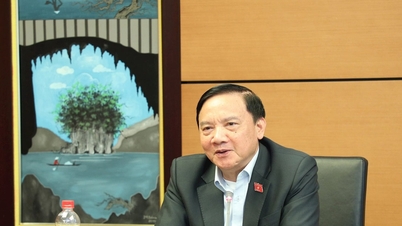

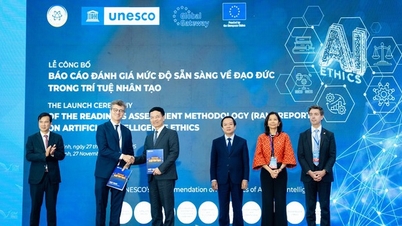

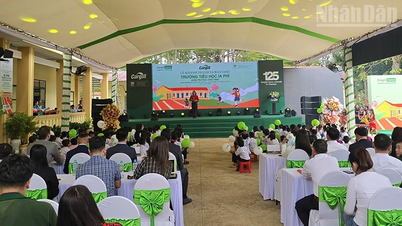


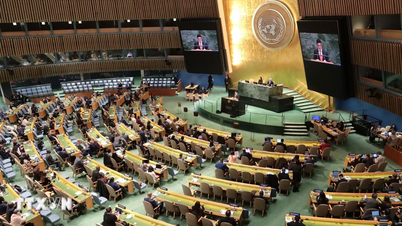

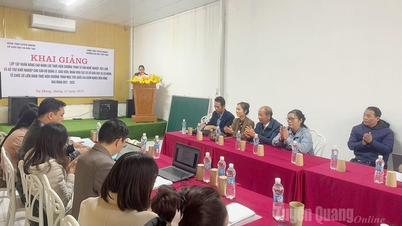

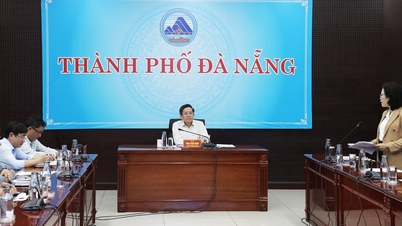

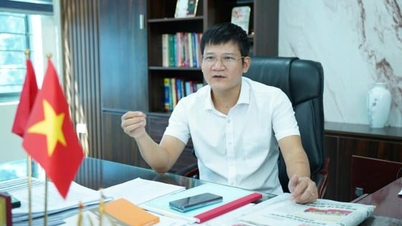

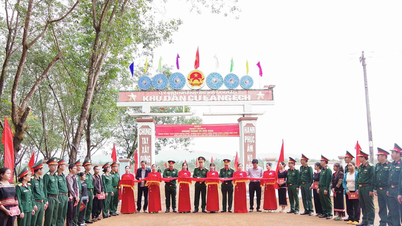

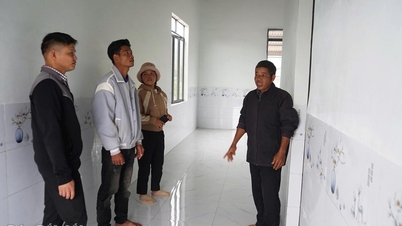

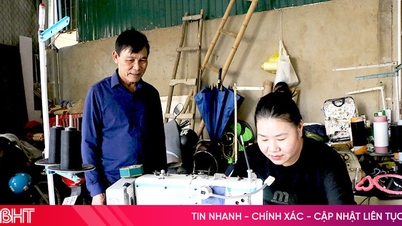





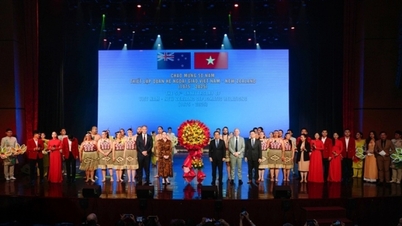
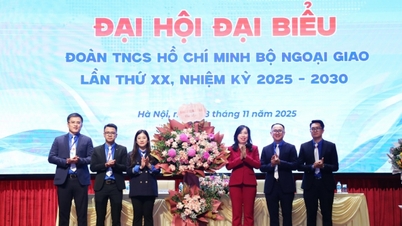
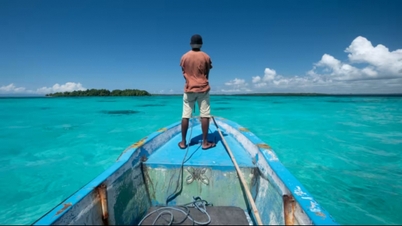
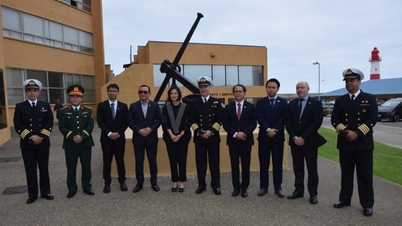
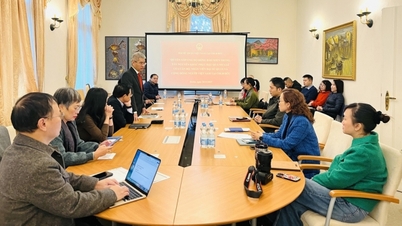
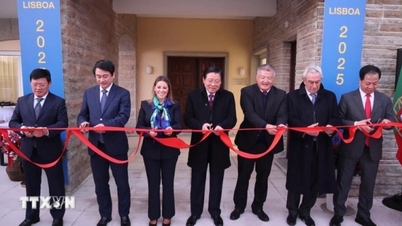



















































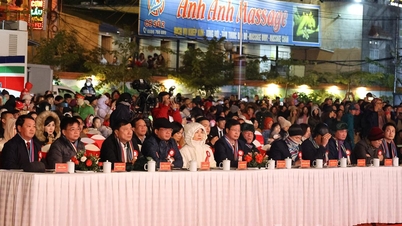

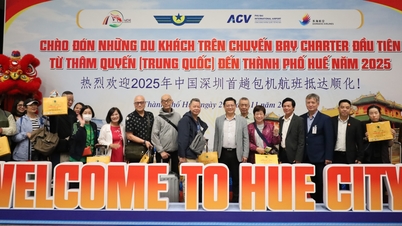



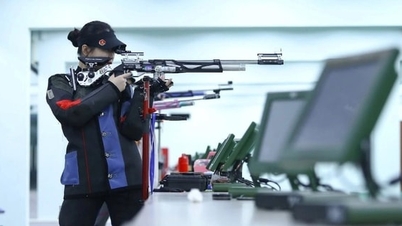

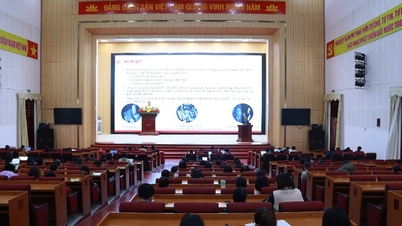












Comment (0)